Seattle stands with Ukraine
Seattle community members speak on Ukrainian conflict
March 9, 2022
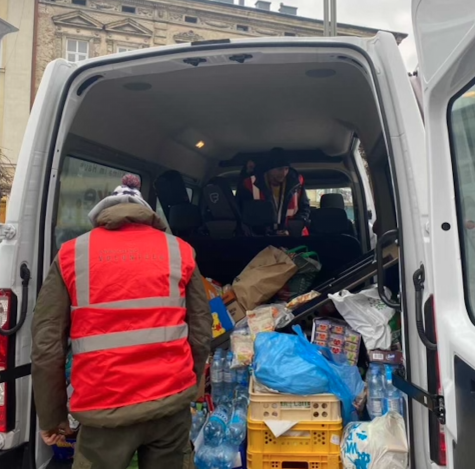
On Feb. 24, Russia carried out an invasion into Ukraine, sending shock waves throughout the world. In Seattle, Ukrainian community members watched, surrounded by a pool of uncertainty, not knowing what was happening to their family and friends.
Joaquin Uy is the external affairs manager and policy advisor for Seattle’s Office of Immigrant and Refugee Affairs, an office that helps immigrants and refugees integrate into the U.S. and Seattle communities.
While the office does not help with direct legal pathways towards residency and asylum, they have found other ways to support Seattle’s Ukrainian community.
“There is a certain sense of morale and positivity boost that comes with a whole municipality showing its support for the people of Ukraine,” Uy said. “You probably saw over the weekend, Seattle Center was bathed in yellow and blue, and there’s various trees at the Seattle Center complex that had blue and yellow lights.”
Uy stressed that public statements from people like Seattle Mayor Bruce Harrell do have power and significance among the Ukrainian community.
“The mayor can release statements and say ‘you know as the mayor these are our values as a city and stand with the people of Ukraine,’” Uy explained. “Sometimes I think we can take for granted these public messages and statements. I often forget just how successful or effective these statements can be.”
Julia Lats, first-year sociology and honors double major, has family that she is in contact with in the western part of Ukraine and close to the city of Kyiv.
“There have been some airstrikes over their city and over the airport. At the beginning it was very uncertain with not knowing whether the planes flying overhead were enemy airplanes or Ukrainian airplanes,” Lats said. “Most of my family was able to escape to the countryside into the villages.”
Lats urged students to combat misinformation by staying informed about what is happening in Ukraine.
“Be careful to not be misinformed. There is a lot of misinformation, especially on social media,” Lats said. “The best thing we as students can do is to just stay informed, stay supportive and help out people you know.”
Lats heard from her family in Ukraine about the conditions they face on the ground that have devastating impacts on children and families.
“One of their biggest worries is that it’s really difficult to get out of the country. Some families with young children have been killed while trying to escape active fighting zones, but even in western Ukraine people are waiting for days to get out of the country with food and gas shortages,” Lats said. “They’re keeping men back in case they get drafted. Families either have to choose to stay in the country or be separated at the border.”
Bill Clark is a local human rights activist, and he shared his thoughts on the Russian invasion into Ukraine.
“There wasn’t a strong reason for war. I know I certainly thought this was a negotiation stance on the part of Putin, that he had some objectives that he thought he could achieve by surrounding the country,” Clark said. “So, when it actually happened, it made me feel sick.”
Clark said that with this invasion of a nation of 44 million people, he has seen haunting images on the news.
“Forty-four million people live in Ukraine, and its infrastructure is being wrecked in only six or seven days of this war,” Clark said. “The images that are staying with me are the images of babies at the maternity wards that are forced to shelter in the basement for safety.”
Clark described that China asking Putin to delay his invasion until after the Olympics is a sign that we are seeing a global shift of world leaders turning to autocracy.
“Our world has shifted. Russia and China are going in autocratic, dangerous and psychotic directions,” Clark said.
Rachel Vasilevich, third-year sociology student, shared that though she has been communicating with her family in Ukraine, it is hard for her to imagine the conditions they currently face.
“Even though I am connected to my family there and can consistently be calling and messaging them, there is still this disconnect,” Vasilevich said. “I’m not there and I’m not experiencing that, so it is so hard for me to imagine what they are going through.”
Vasilevich, who attends a local Slavic and Ukrainian church, described that prayer has been one of the most powerful tools during this time. She said that her pastors have worked to instill civility in the discussions that take place in times of prayer.
“We have people who are Russian, who are from Belarus,” Vasilevich said. “We even have prayers for the Russian soldiers. A lot of these soldiers didn’t even know they were going to be fighting. They thought they were going to training.”
Vasilevich has a cousin who was planning to get married three weeks after the war began. That plan has since been disrupted by the invasion and his fianceé has been forced to flee to Poland, while he remains in Ukraine, expecting to be drafted.
She said that members of her family sleep fully clothed out of fear of the next air raid. This conflict does not seem to have an end in sight, but Ukrainians are preparing to defend their nation at all costs.
“He told her, ‘I want you to flee and I want you to get out while you can,’ because he is most likely going to get drafted and he didn’t want their first couple of weeks of marriage to be him serving in a war with the possibility of dying,” Vasilevich said.
Vasilevich shared resources for donations, like the Agape Ministry that is helping orphans impacted by the war in Ukraine. Donate here.















































































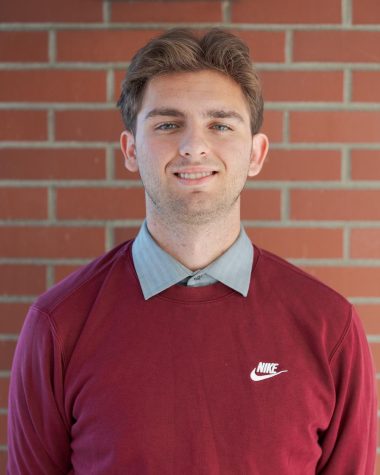





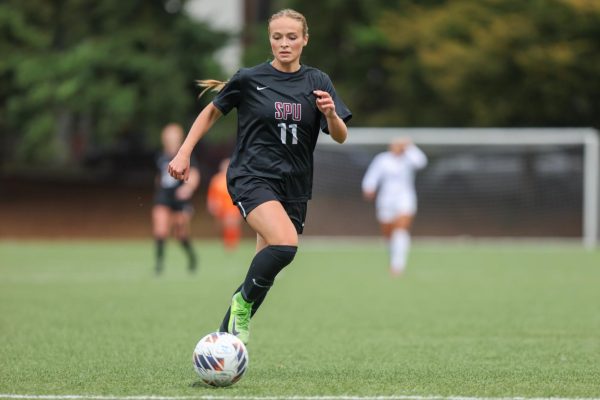
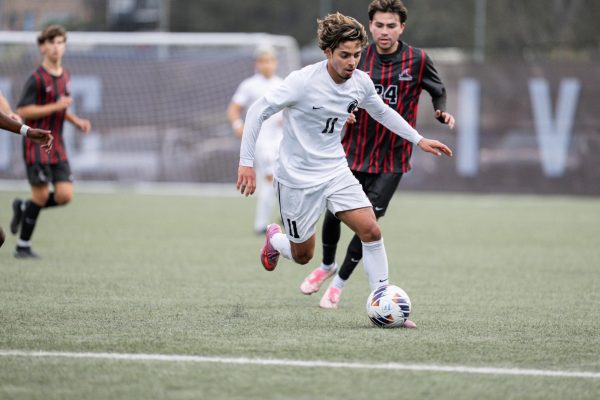
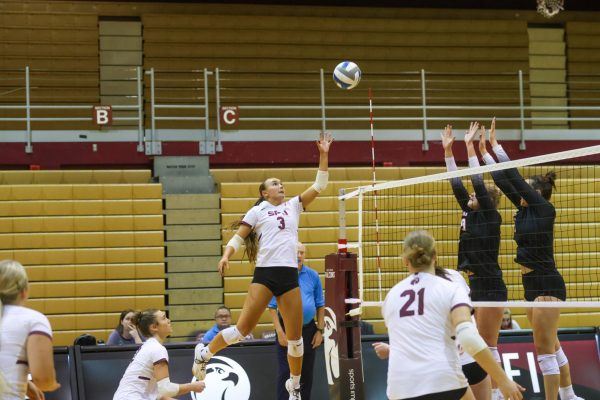





Rachel Vasilevich • Mar 9, 2022 at 3:39 pm
Thank you for giving me the opportunity to share our story. For us, this is not some distant news, it is a scary reality. Blessings to you.